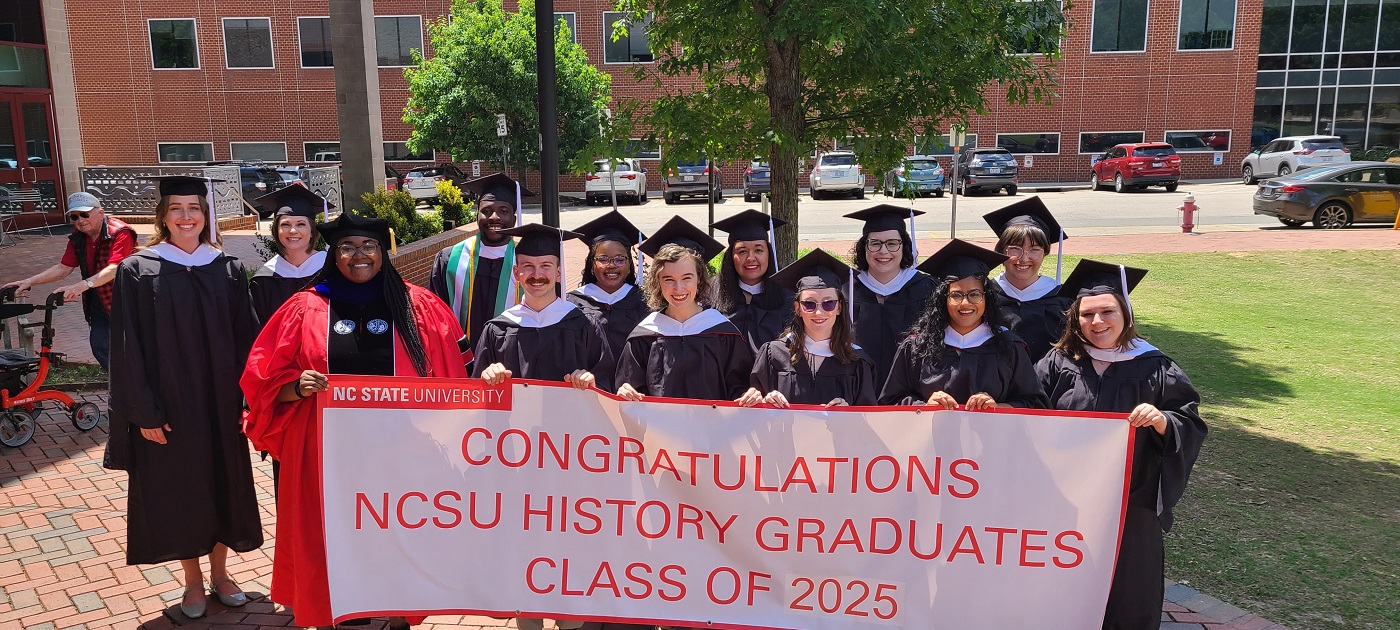The Press and the Sword: Journalism, Racial Violence, and Political Control in Postbellum North Carolina
Political tension characterized North Carolina in the decades after the Civil War, and the partisan press played a critical role for both parties from the 1860s through the turn of the twentieth century: Republican papers praised the reforms of biracial Republican legislatures while Democratic editors harped on white fears of “negro rule” and black sexual predation. This study analyzes the relationship between press, politics, and violence in postbellum North Carolina through case studies of the 1870 Kirk-Holden War and the so-called Wilmington Race Riot of 1898.
My first chapter argues that the Democratic press helped exacerbate the Kirk-Holden War by actively mocking black political aspirations, criticizing Republican leaders such as Holden, and largely ignoring the true nature and scope of the Klan in the 1860s. My second chapter argues that rhetoric played a crucial role in the way the violence in Wilmington transpired and has been remembered, and my conclusion discusses the ways that the press manipulated the public’s historical memory of both tragedies. It is not my intention to argue direct causation between racist rhetoric and racial crimes. Rather, I argue that North Carolina’s partisan press, and especially its Democratic editors, exacerbated pre-existing racial tensions and used images and language to suggest modes of thought—defense of white womanhood, for example—by which white supremacists directed and legitimized violence.
Benton, Andrew Morgan. The Press and the Sword: Journalism, Racial Violence, and Political Control in Postbellum North Carolina. (Under the Direction of Dr. Susanna Lee.)
- Categories:


